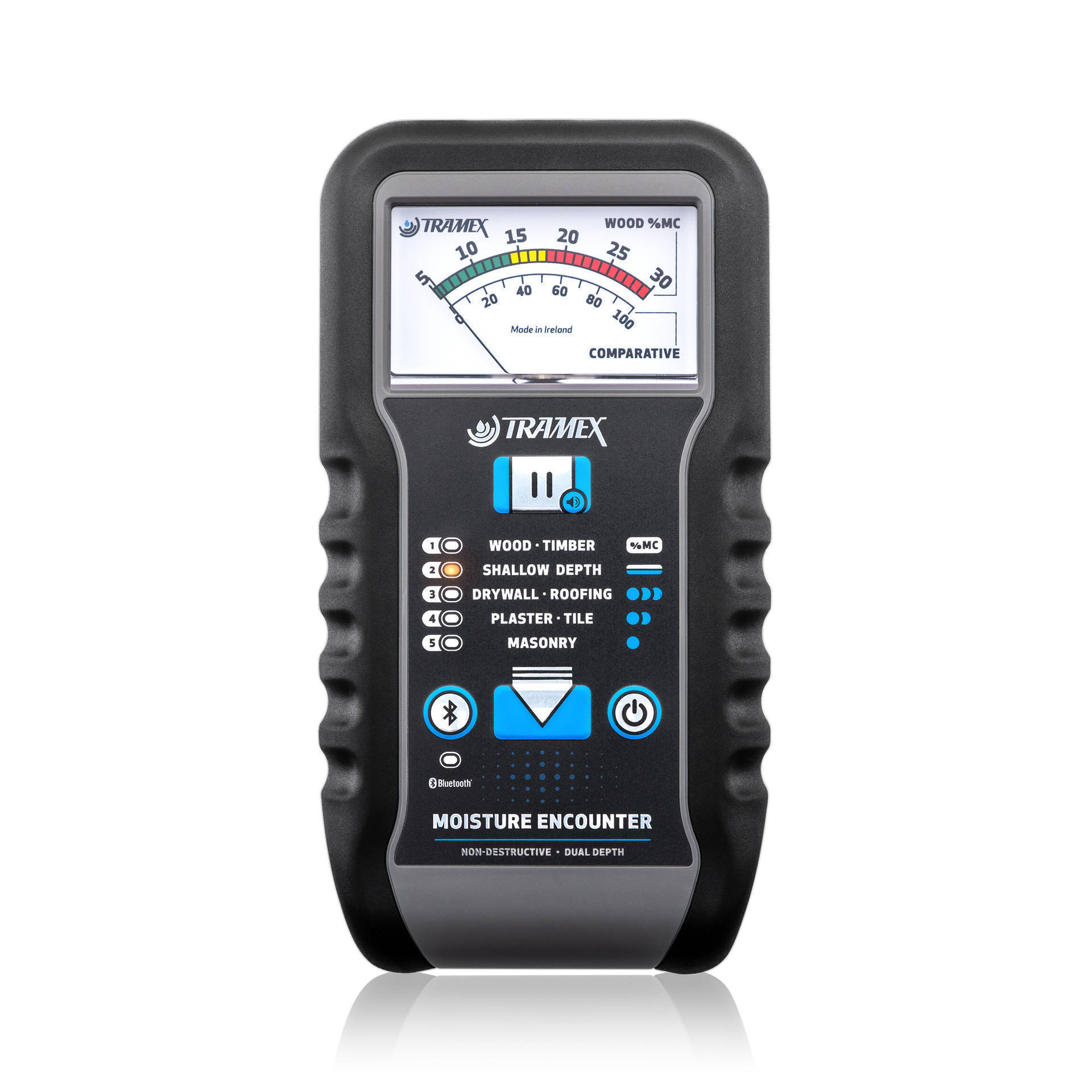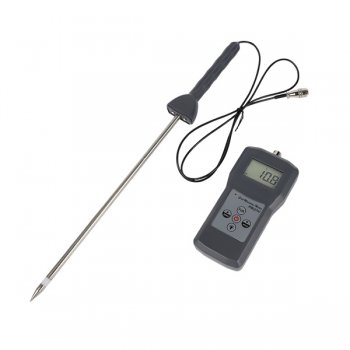Recognizing the Various Types of Moisture Meters and Their Applications
The Ultimate Overview to Moisture Meters: A Comprehensive Introduction and How They Can Save You Cash
In the world of structure upkeep, building and construction, and different industries, the value of properly measuring dampness degrees can not be overstated. Wetness meters work as indispensable devices in discovering and checking moisture web content in materials, assisting in protecting against costly problems and making certain the quality of products. Comprehending the subtleties of various kinds of moisture meters, their applications, and the prospective cost-saving benefits they offer can be a game-changer for professionals and businesses alike. Finding just how these gadgets can not only simplify procedures yet also add to monetary cost savings is a trip worth starting.
Sorts Of Moisture Meters
One common type is the pin-type dampness meter, which gauges the electrical resistance between 2 pins put right into a product. Pinless wetness meters, on the various other hand, usage electromagnetic sensing unit plates to scan a larger location without triggering damages to the material's surface.
Infrared moisture meters gauge the thermal properties of a material to determine its wetness web content non-invasively, making them valuable for applications where pin or pinless meters may not be appropriate. Understanding the different types of dampness meters readily available can help sectors choose the most suitable tool for their certain wetness measurement requirements.

Benefits of Utilizing Moisture Meters

In addition, utilizing wetness meters can lead to increased power effectiveness. In farming setups, moisture meters play a crucial function in enhancing crop yields by enabling farmers to keep an eye on dirt wetness degrees and make educated irrigation decisions.
Exactly How to Pick the Right Moisture Meter
Choosing the appropriate moisture meter entails thinking about crucial variables such as product compatibility, measurement range, and calibration accuracy. When choosing a moisture meter, it's important to ensure that the meter appropriates for the specific product you will certainly be testing. Various materials have differing electric buildings Related Site that can impact dampness analyses, so picking a meter made for your material is essential for precise outcomes. Furthermore, take into consideration the measurement variety of the moisture meter. Guarantee that the meter can detect dampness degrees within the range required for your applications. Calibration precision is one more vital aspect to remember (Moisture Meter). Go with a wetness meter with dependable calibration to guarantee accurate and consistent analyses. Some meters may call for routine calibration adjustments, so understanding the calibration process is very important. By very carefully evaluating these variables, you can choose a wetness meter that satisfies your demands and provides exact wetness measurements for your jobs.
Correct Methods for Moisture Meter Usage
To ensure precise dampness analyses and make best use of the performance of a dampness meter, using appropriate strategies is vital. When making use of a pin-type moisture meter, put the pins or probes into the product being checked till they make complete get in touch with. By following these appropriate strategies, customers can count on their wetness meter to supply credible dampness levels, assisting in preventing pricey damages or guaranteeing quality in different applications.

Expense Savings Through Moisture Meter Applications
How can the tactical usage of moisture meters lead to significant expense savings throughout various markets? In the agriculture industry, wetness meters aid in identifying the optimum time for gathering plants, avoiding over-drying or excess moisture that can influence see here now the final item's high quality.

In addition, in the food processing industry, wetness meters are important for monitoring product high quality and guaranteeing top article compliance with security policies. By accurately gauging dampness web content in food items, makers can prevent spoilage, keep quality, and reduce waste, causing substantial price savings. On the whole, the tactical application of wetness meters is a valuable investment that can bring about significant expense decreases and boosted performance across various industries.
Verdict
In verdict, moisture meters are beneficial tools for finding and gauging dampness levels in various products. By using the ideal wetness meter and complying with correct strategies, users can effectively prevent pricey damages triggered by excess wetness.
Moisture meters offer as crucial tools in discovering and monitoring moisture content in materials, aiding in stopping expensive problems and making sure the quality of items. Infrared moisture meters gauge the thermal residential properties of a material to establish its wetness material non-invasively, making them useful for applications where pin or pinless meters may not be appropriate.Moisture meters provide indispensable benefits in properly assessing and keeping an eye on wetness degrees in diverse products and environments. In agricultural settings, dampness meters play an important duty in enhancing plant yields by making it possible for farmers to monitor dirt dampness degrees and make educated watering decisions.In verdict, moisture meters are useful devices for finding and measuring dampness degrees in various materials.